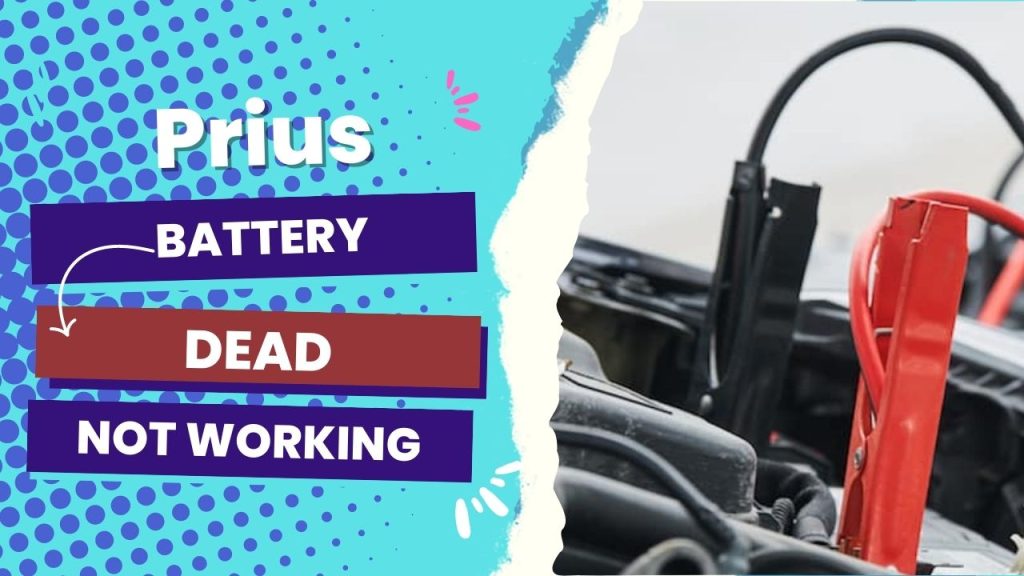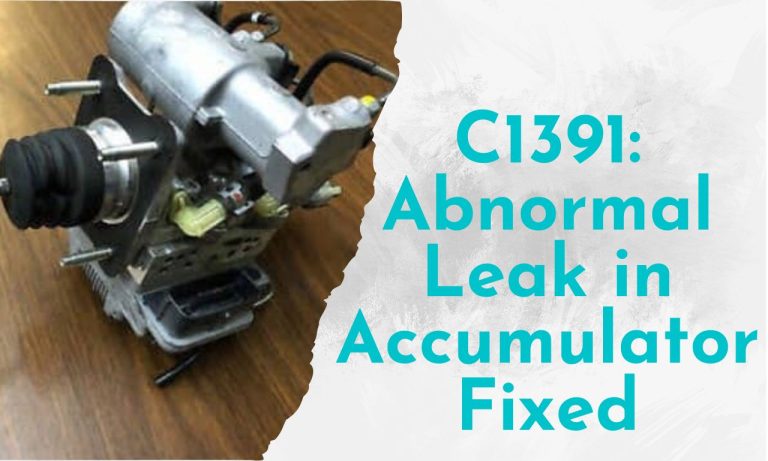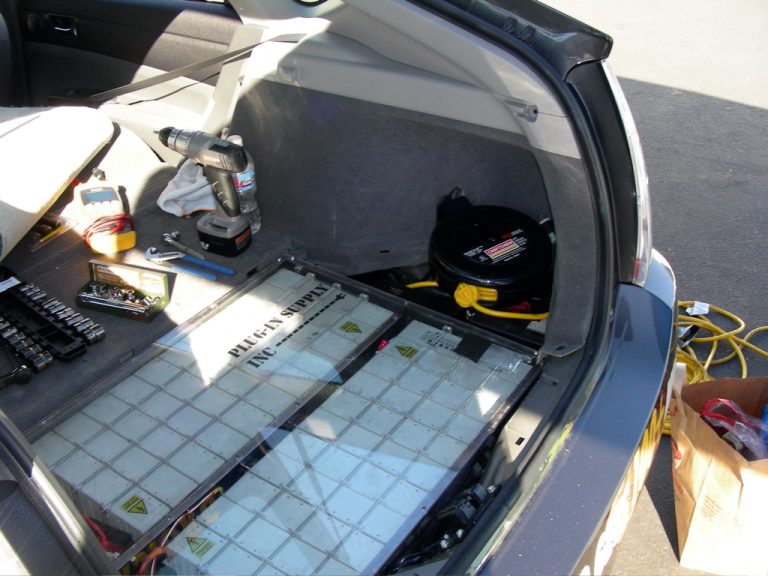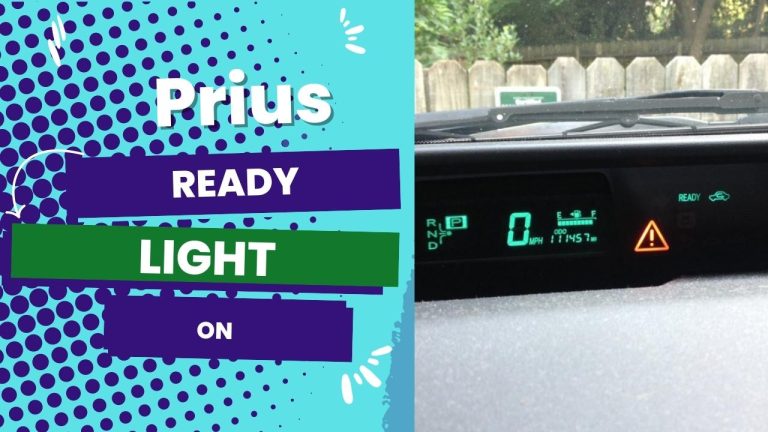A dead Prius battery when it sits is mainly caused by parasitic draws, old age, corrosion, or a problem with the charging system. Check the charging system, the charging terminals, the age of the battery, any recalls or software updates, and any “parasitic draws.” If the problem keeps happening, it’s best to have a professional diagnose and fix it. They can run diagnostic tests to determine where the problem originates.
I understand how frustrating it can be when your Prius’s battery dies after sitting for a while. I’ve previously encountered the same issue and attempted to resolve it through troubleshooting steps. I checked for parasitic draws that could be draining the battery and found out that the internal heater was draining the power
In my case, the issue was caused by a parasitic draw, which a software update resolved. However, it may be different in your case; the underlying cause can vary. I want to assure you that diagnosing and resolving the issue is possible.
If you have replaced the battery and the problem persists, I suggest having a professional mechanic examine the vehicle. They can conduct diagnostic tests to determine the source of the issue and perform any necessary repairs. If you continue reading, you may find information that will help you resolve the problem.
You Can Skip To Sections Here
What Causes a Prius Battery to Die After Sitting?
There could be several reasons your Prius’ battery is dead after sitting. Here are a few things to think about:
- Parasitic Draw: Some systems in your car consume power even when the engine is turned off. These parasitic draws include the radio, clock, alarm system, and others. If one fails, it may drain the battery even when the car is not in use.
- Battery age: The battery in your Prius has a limited lifespan and will lose its ability to hold a charge over time. If your battery is more than 4–5 years old, it may have reached the end of its useful life and should be replaced.
- Battery terminal corrosion: dirty or corroded terminals can make it harder for the battery to charge and lead to a dead battery. Check the terminals and clean them if necessary.
- Charging system: The charging system in your Prius is in charge of keeping the battery charged. A dead battery can result from a malfunctioning charging system.
- Recalls or software updates: There have been a few recalls and updates concerning Prius’s battery system. Ensure your vehicle has all the necessary services and updates to address potential battery issues.
- Bad or failing alternator: A failing alternator is another possible cause of a Prius battery failing after sitting. The alternator is in charge of keeping the battery charged by generating electricity while the vehicle is running. If the alternator is not functioning correctly, it may be unable to keep the battery charged, resulting in a dead battery. Dimming or flickering lights, strange noises coming from the alternator, and a warning light on the dashboard indicating a problem with the charging system are all signs that the alternator is failing.
It is highly recommended to bring the vehicle to a professional mechanic and have it looked at. They can run diagnostic tests to determine the cause of the problem and make the necessary repairs.
Another cause of this problem is that the battery has been discharged for several days. This can be caused by driving the vehicle daily and not leaving it plugged in overnight or accidentally driving it to a full charge and unplugging it. The other cause is not fully charging the battery before starting your car.
Troubleshooting Tips
Steps to troubleshoot a car battery that dies when it sits and how to fix it:
- Make a test device with two clamps and a one-ohm, 10-watt resistor.
- Connect one end of the test device to the negative battery terminal and the other end to the battery terminal.
- Use a volt meter to measure the voltage across the test device.
- Check if the voltage measured is between 4 and 9 millivolts, which is normal for a late-model car.
- If the voltage measured is higher than 35 millivolts, there is a serious drain in the electrical system.
- Go to the fuse box, pull fuses one at a time, and watch the gauge.
- When the gauge returns to the original small drain, you know you have found the problem.
- Fix the problem. For example, turn off the switch if the fuse runs the overhead light and someone leaves it on.
- If in doubt, consult the car manual or a mechanic to find the normal drain voltage for your car’s make and model.
Note: This information is a general guide and may vary depending on the car’s make and model. Always check with the mechanic to see your car’s normal drain.
If the problem still happens after you try these steps, you should definitely take your car to a professional mechanic. They can run diagnostic tests to find out where the problem is coming from and fix it.
CONCLUSION
It is easy to avoid this problem because you can test your car’s battery. The best way to do this is to use a multimeter, or you can use the little red button on the driver’s side of your dashboard in newer models. How do you know if your battery is dead? In most cases, it will not have enough voltage to operate the electric door locks and windows. You may also hear a “clunk” whenever you open your driver’s side door if it is unlocked.
A fully charged Prius battery can be kept for weeks in a turned-off car. If you have access to household power and plan to leave the car unused for three weeks or more, follow Toyota’s recommended procedure: after one week, turn on the ventilation system to run the AC fan for ten minutes. Every two weeks, drive the car around the block (or do something similar) for ten minutes of operation.




